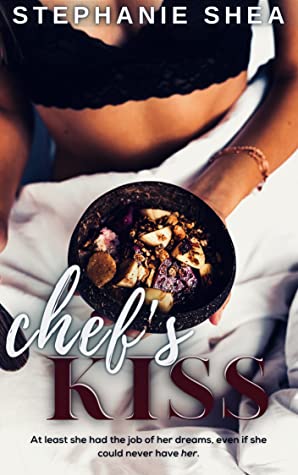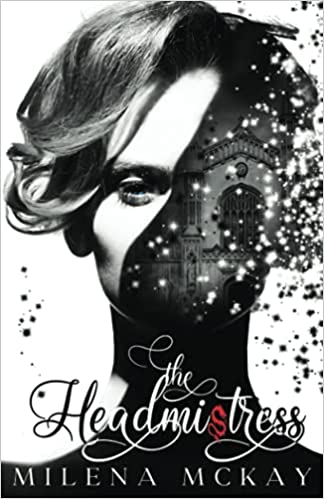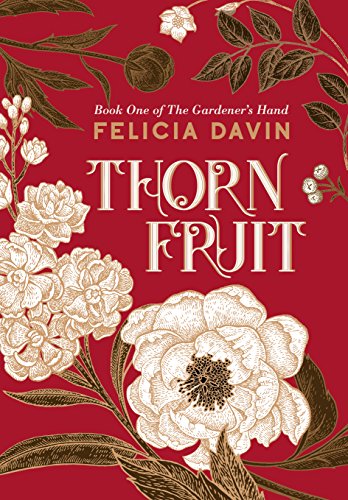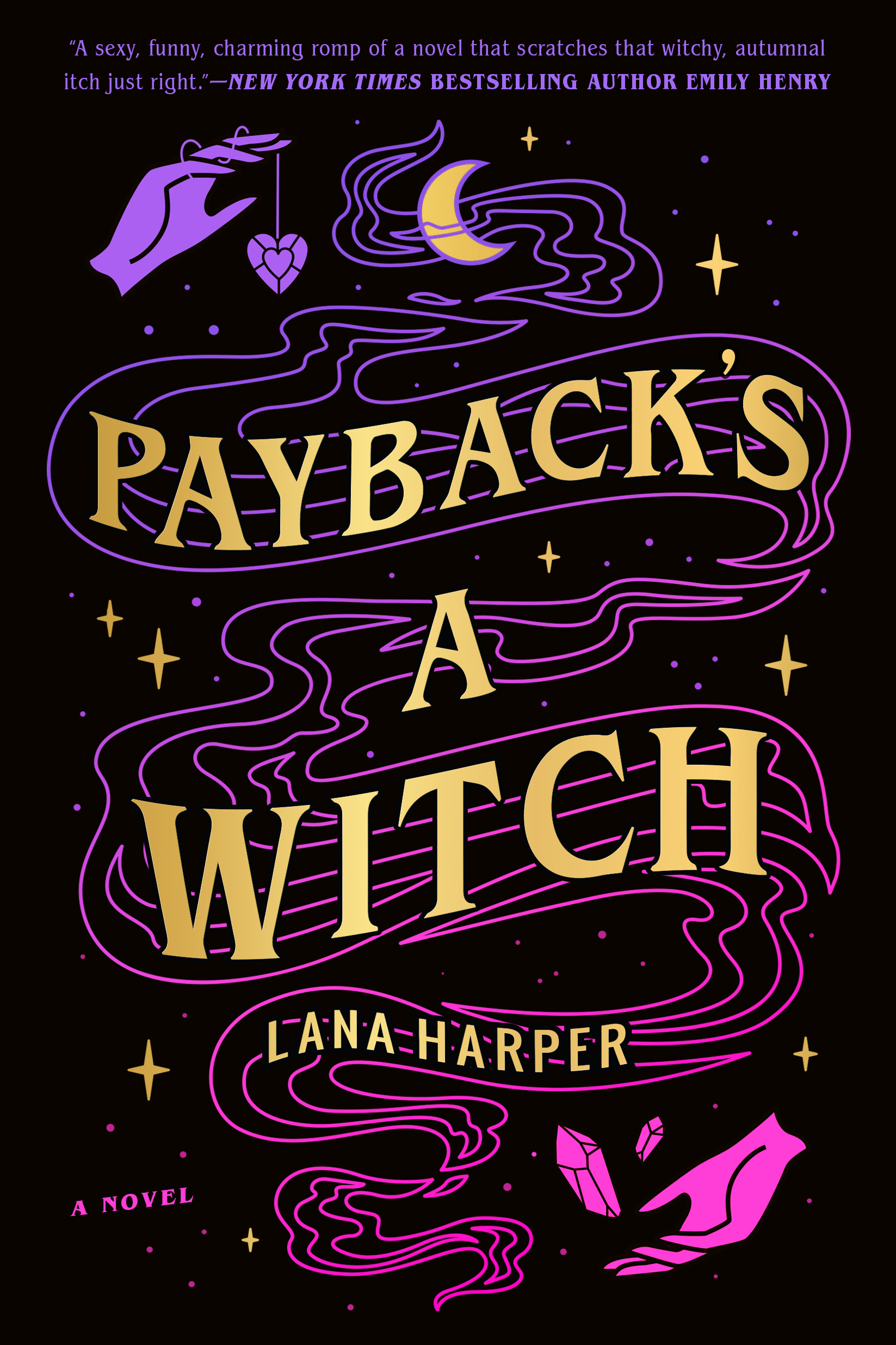Amazon Affiliate Link | Bookshop.org Affiliate Link Darcy Phillips secretly runs the relationship advice service that comes from the mysterious locker 89 at her school. When Alexander Brougham discovers her secret, he enlists her help in getting his girlfriend Winona back. Everything becomes complicated when her secret gets out, including how she used the lockerRead More
Kelleen reviews Delilah Green Doesn’t Care by Ashley Herring Blake
Amazon Affiliate Link | Bookshop.org Affiliate Link “Queer, feminist, angry, and beautiful.” When I say I want sapphic romcoms, this is what I want. I want sapphic romcoms that pack an emotional punch. That present the diversity and the affinity of queer womanhood. That have queer women who call themselves queer with no explanation andRead More
Nat reviews Chef’s Kiss by Stephanie Shea
Late last year I started really getting into reading sapphic romance after discovering that a guaranteed happy ending is nothing short of a potent drug. A shot of serotonin right into the veins! As I ventured down the queer romance rabbit hole, I realized that some books are certainly more of a balm than others,Read More
Meagan Kimberly reviews Labyrinth Lost by Zoraida Córdova
Amazon Affiliate Link | Bookshop.org Affiliate Link Alejandra Mortiz wants nothing to do with her magic, so she tries to get rid of it, resulting in catastrophe. Putting her trust in a brujo named Nova sends her on the path to nearly losing her family. She must travel to the magical realm of Los LagosRead More
Nat reviews The Headmistress by Milena McKay
Amazon Affiliate Link The first thing you should know before you start The Headmistress is not to make assumptions. You may think a book involving Three Dragons Academy is set in a fantasy world and might contain, well, dragons. You may assume a book called The Headmistress will be a kinkcentric read. (Ahem, as in,Read More
Maggie reviews Thornfruit by Felicia Davin
Amazon Affiliate Link | Bookshop.org Affiliate Link Thornfruit by Felicia Davin is a delightful queer fantasy adventure with some interesting world-building twists and memorable characters. Thornfruit follows two girls, Ev and Alizhan, as they come of age in a flurry of intrigue and romantic pining. Ev helps her father take their farm produce to market, practices fighting andRead More
Shannon reviews Rosaline Palmer Takes the Cake by Alexis Hall
Amazon Affiliate Link | Bookshop.org Affiliate Link I’m not someone who watches a lot of TV, so I was super surprised to find myself gravitating toward books centered around reality tv shows. There’s something about these stories that captures my attention in a way the actual shows airing on television never have. Rosaline Palmer TakesRead More
Kayla Bell reviews Payback’s a Witch by Lana Harper
Amazon Affiliate Link | Bookshop.org Affiliate Link Happy Halloween season, readers! For October, I was looking for something sapphic and spooky. Luckily, I was approved for an ARC of Payback’s A Witch by Lana Harper, which meets those two requirements perfectly. I absolutely loved this fun, feminist story and am excited to share it withRead More
Danika reviews The Girls Are Never Gone by Sarah Glenn Marsh
Amazon Affiliate Link | Bookshop.org Affiliate Link I’m very picky when it comes to horror books, mostly because I’m a wimp and get freaked out very easily. When the weather starts to get a little chillier, though, I start to crave creepy, witchy, autumn-y books, and that’s when I start eyeing the horror section. TheRead More
Rachel reviews Iron Widow by Xiran Jay Zhao
Amazon Affiliate Link | Bookshop.org Affiliate Link Described as Pacific Rim meets The Handmaid’s Tale, Xiran Jay Zhao’s Iron Widow (Penguin Random House, September 21st 2021) is a must-read blend of Chinese history and science fiction that also combines compelling writing with an original plot. Although the plot of this YA novel is complex andRead More
- « Previous Page
- 1
- …
- 5
- 6
- 7
- 8
- 9
- …
- 11
- Next Page »



